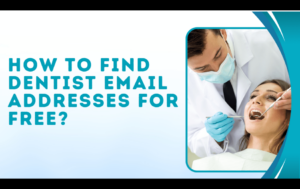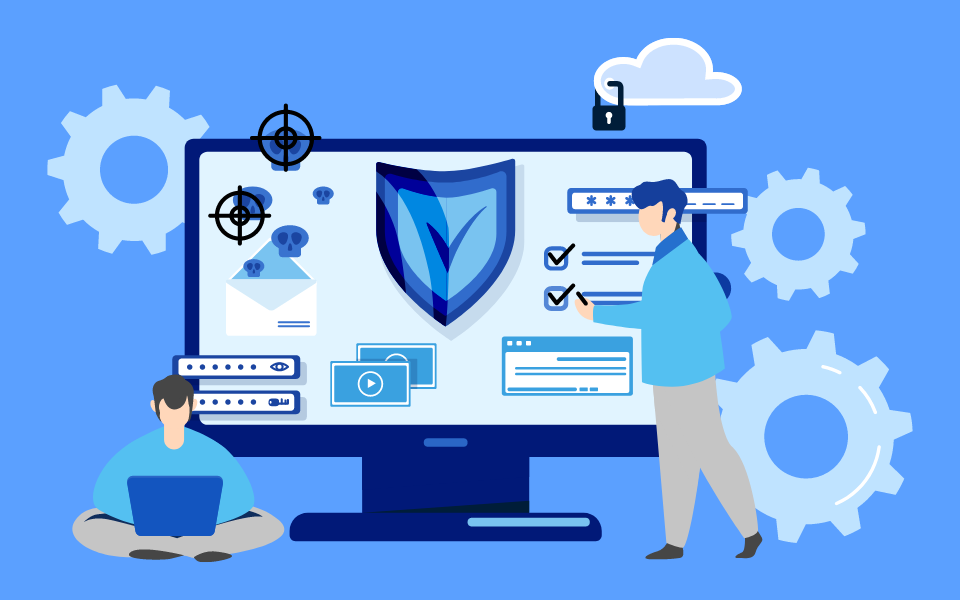
Introduction
Data Security in Healthcare
A blossoming digital ecosystem- a boon or a bane in disguise?
Beneficial aspects of clinical data sharing
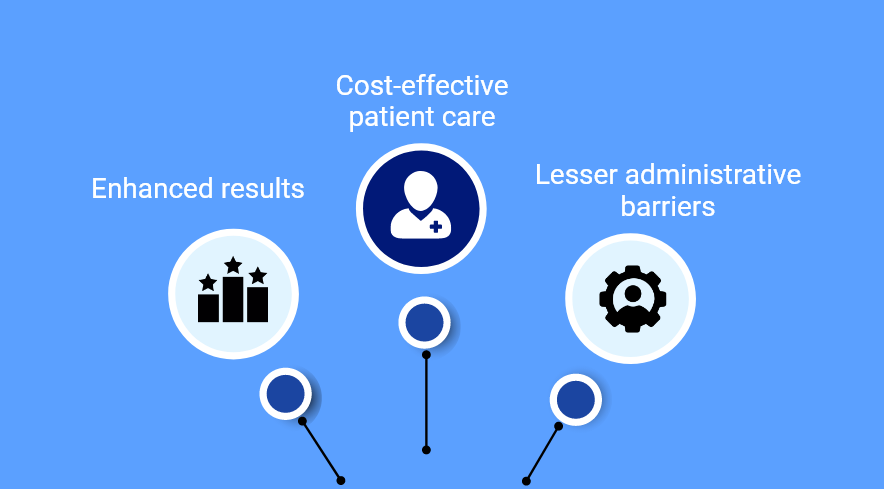
Preventing data breaches in healthcare system
Tips to prevent data breach in healthcare
1. Cybersecurity checks- Cybersecurity should not only be a regulatory theory, but followed in letter and spirit. A must for every healthcare organization is to recruit trained and proficient people as cybersecurity officials and invest in funding the required technology to prevent cyberattacks.
2. Hiring fully HIPAA and GDPR complied B2B databases- After the human resource and technological factors, it is imperative to comply everything with HIPAA security guidelines.
In this super-competitive age, it is a clever move to hire B2B healthcare mailing database by healthcare marketers. At the same time, to ensure that the database provider is complying with all national & internal compliances along-with the required valid licenses and authentic certifications in place. There should be a strict vigilance protocol before integrating the database into the CRM system.
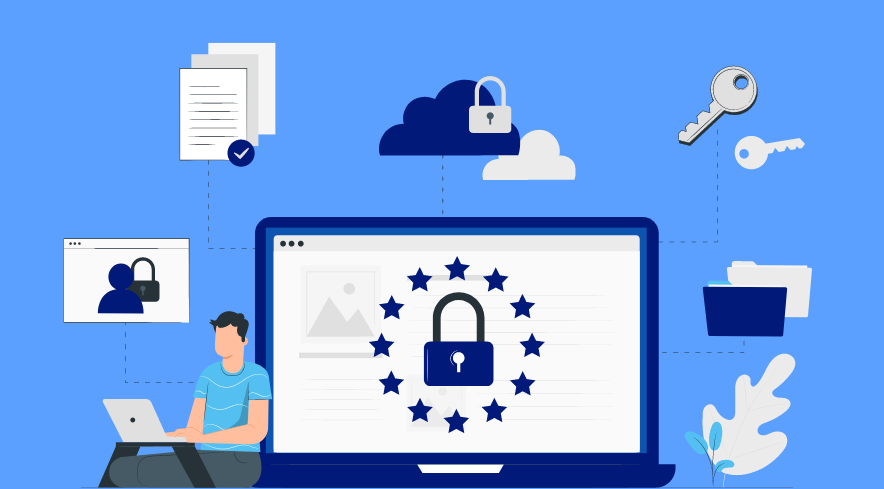
3. High vigilance in outsourced projects- In this era of outsourcing, it is quite inevitable to accomplish every task within the organization owing to workforce, technology, and ROI factors. In the best interest of the organization, a thorough background check of the agency/individual to be carried out before hiring them for any high-security projects.
4. Training the non-technological staff- It goes unsaid that a pharmaceutical company producing healthcare products/services will have a considerable staff-strength from the life-science background. They, too, should be trained for any kind of contingency issues concerning data security and cyber-security principles. The concept of data-breach, threats, significance and best-practices should be a part of their induction processes and get training intermittently.
5. Extreme alertness against phishing emails- Email marketing has become the need for the hour owing to intense competition and cost-effectiveness. Email marketing campaigns bring with it a thriving risk of phishing emails. Phishing has become an easy way for data-thieves to extort data. B2B healthcare marketers must always engage the most responsible healthcare mailing contacts providers to ensure maximum screening of such attempts.
6. Strict tech supervision– Corporations of large scale must have a systematic procedure in place to establish all technological compliances. Admission to only authorized staff to high-risk areas, proper log-in and log-out of attendance, for official-in-charge of sensitive data and information. Regular checking of all licenses of anti-malware devices for their validity and effectiveness.
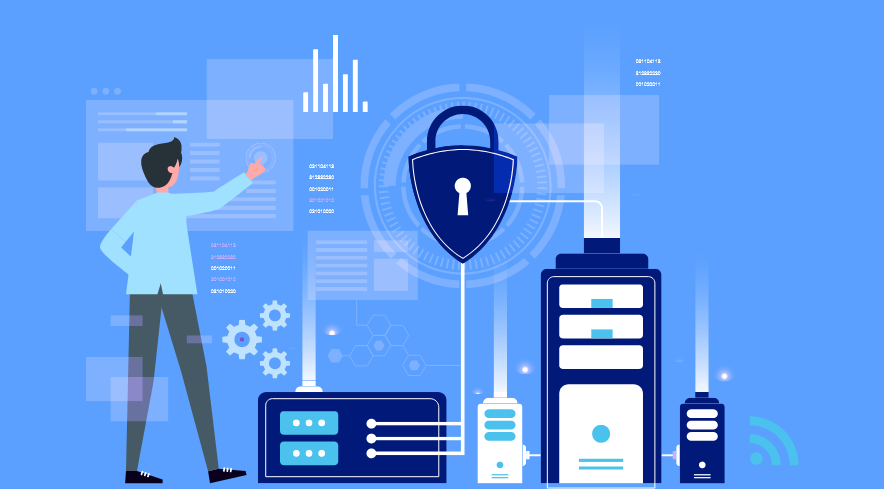
7. Separate network for guest and visitors- Conferences, seminars, guest-visits or any kind of knowledge exchange program may require the host to give Wi-Fi access to the visitors. It is always a good practice to maintain a separate network for them. This safeguards the restricted areas from any kind of unauthorized access.
8. A well maintained IT infrastructure- IT has become an inherent part of any organization today that revolves around the digital world. Healthcare is no exception. A well-maintained IT department with trained in-house professionals possessing contemporary knowledge of cybersecurity is indispensable.
9. Facial recognition with masks- Given the advancements in biometric technology, organizations have been vigorously adopting the practices of biometric fingerprint scanning, retina scanning, facial recognition, etc. to provide advanced security in areas of restricted access to workstations.
Thanks to the pandemic of Covid-19, the technology of facial recognition went through some challenges of properly identifying the staff members with face-masks on their faces. It is high- time that organizations implement better technologies that recognize the correct persons while denying entry to others.
10. Proactive response- As we are already in 2022, a 3rd consecutive pandemic hit year in the history of man-kind, the chances of data-breach, ransom attacks and other such forms of malpractices are towards the higher side. A proactive strategy is required to decrease such mishaps. In the unfortunate event of any such attacks, the functioning of the organizations must run smoothly. It should not send a panic message to the staff, clients, and stakeholders.
Impact of data breach in healthcare ecosystem
Healthcare manufacturers, pharmaceutical brand or any organization from any industry across any part of the globe would never imagine an Anthem Blue Cross or a Premera Blue Cross happening to them in the worst of their nightmares, let alone healthcare industry in US. Any healthcare data breach example of any intensity is a threat to the industry.
How to prevent data breach in healthcare?
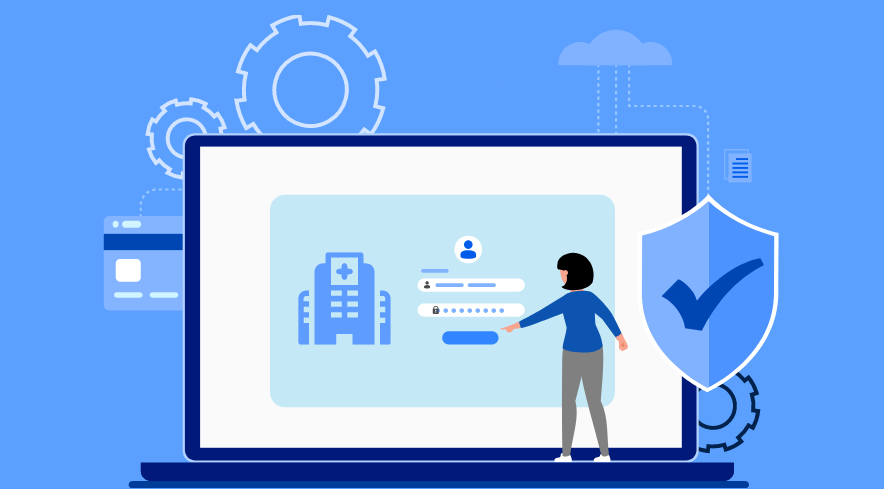
Vision, planning, preparations, with a strong funding arrangement are key for a sustainable growth and development of healthcare industry. A strong focus on cybersecurity considering all the above insights is vital in restoring the dignity of this sector in all aspects. A firm foundation of a nation depends on a sound healthcare system.
Some final thoughts
The uniqueness of healthcare cybersecurity failure or data-breaches in the healthcare industry not only concerns a huge financial loss, it drastically affects the mental well-being of patients who are already in a disturbed state of mind. Even the health updates of some celebrities get exposed, which is an extremely private affair, strictly meant to be amongst their near ones.


